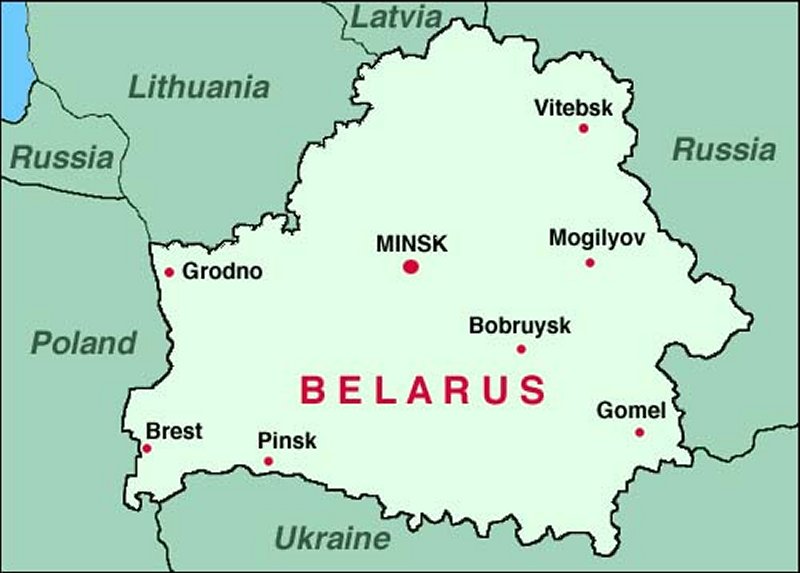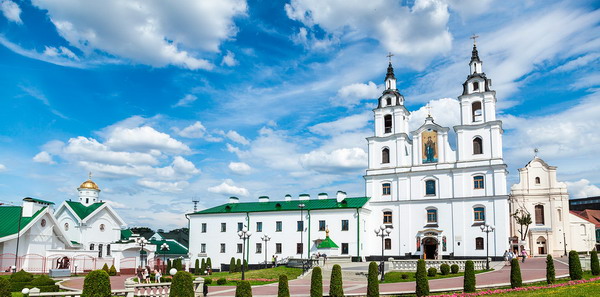Russians are turning to the church now not as they did after Chernobyl or the fall of communism but as a result of propaganda that mixes politics and religion and replaces faith with propaganda, according to Svetlana Aleksievich, the winner of this year’s Nobel Prize for literature.
In an interview with Catalonia’s “La Vanguardia,” the Belarusian writer says that in Russia today, “the authorities want to establish an Orthodox caliphate,” a state in which Vladimir Putin “considers himself the tsar and at one and the same time a religious and political figure.”
Now available in Russian, her words are attracting considerable attention in Belarus and the Russian Federation. (See, for example, the discussion of them at Charter 97). But they clearly deserve broader notice.
In other comments, Aleksievich notes that all Russian-language winners of the Nobel Prize for literature have generated “a wave of hatred” in Russian society, and she is no exception, with Russian outlets attacking her for her critical novels about Soviet life and her outspoken denunciations of both Putin and Belarusian leader Alyaksandr Lukashenka.
The Russian media argued that she was given the Nobel Prize because she opposes Putin, Aleksievich continues. “Of course, I do not support this man. Russia under his leadership is doing exactly the same thing that was done in the times of the USSR, conducting a very aggressive policy which contradicts European and democratic values.”
As for Lukashenka, she says, he “doesn’t need a Nobel laureate in the country. He is an absolute monarch and no one must outshine him.”
Nonetheless, Aleksievich says she plans to use her Nobel lecture to talk about what she has been involved with in her life as a writer: “to write about the red empire, to tell how people were small parts of this empire. Small people never had significance, they were used as an instrument and no one asked about their thoughts and feelings.”
With regards to some of the issues she has focused on, she acknowledges that she has been the first to do this – and from the perspective of someone who once in her youth “believed in the USSR” but then came to recognize that it was based on the willingness of the Bolsheviks to shed enormous amounts of blood.








